The European Commission released Horizon Europe’s first Strategic Plan 2021 – 2024 on 15 March 2021. This strategic plan is a novelty in Horizon Europe and it sets the strategic orientations and research and innovation of the programme’s first four years, which includes:
- Promoting an open strategic autonomy by leading the development of key digital, enabling and emerging technologies, sectors and value chains;
- Restoring Europe’s ecosystems and biodiversity, and managing sustainably natural resources;
- Making Europe the first digitally enabled circular, climate-neutral and sustainable economy;
- Creating a more resilient, inclusive and democratic European society.
These four key strategic orientations are supported by 15 impact areas.
In this strategic plan, eight key specific issues will be taken into account in the implementation of Horizon Europe 2021-2024. The horizontal issues addressed in the plan are the following:
- Gender equality and inclusiveness
- Social Sciences and Humanities
- Ethics and integrity
- Open science practices
- Dissemination and Exploitation (D&E)
- Key Enabling Technologies
- Social Innovation
- EU Taxonomy
While the focus is on Pillar II of Horizon Europe, the strategic plan also covers relevant activities in Pillars I and III, as well as the part ‘Widening Participation & Strengthening the ERA’, in order to promote synergies between them.
The priorities defined in the strategic plan will be implemented through the work programme of Horizon Europe, which sets out funding opportunities for Research and Innovation activities through thematic calls for proposals and topics. The first calls for proposals are expected to be launched in the spring this year and will be presented at the EU R&I Days on 23 and 24 June 2021.
The strategic plan has been prepared following an ambitious co-design process involving the European Commission, EU Member States, EEA members, the European Parliament, stakeholders and the public – more than 8,000 contributions have been submitted in various stages of the strategic planning process.
Read more about it here.
For Horizon Europe to remain ‘open to the world’, negotiations to open up the 2021-2027 research framework programme for Research and Innovation to non-EU countries are currently on the table. Under Horizon 2020, 16 non-EU countries participated in EU projects under the same conditions as the 27 member states, as ‘associate partners’. For the first time, the UK will become an associate partner, alongside Iceland, Norway, Albania, Bosnia and Herzegovina, North Macedonia, Montenegro, Serbia, Turkey, Israel, Moldova, Switzerland, Faroe Islands, Ukraine, Tunisia, Georgia and Armenia.
However, association agreements have yet to be finalized by the EU as discussions are still taking place regarding negotiations.


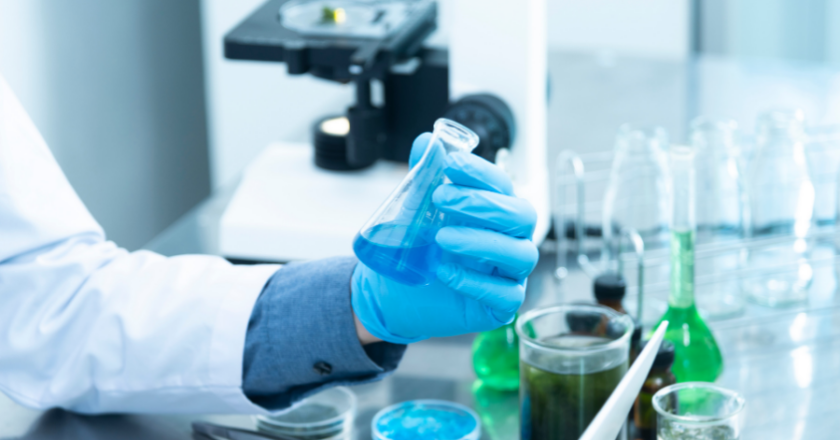
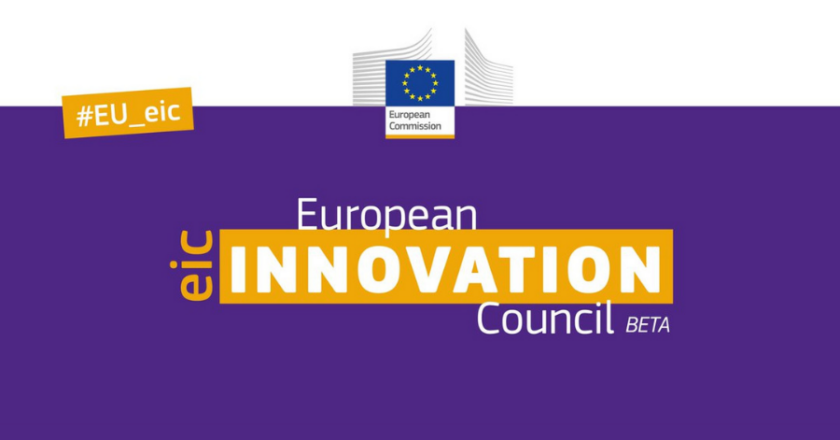
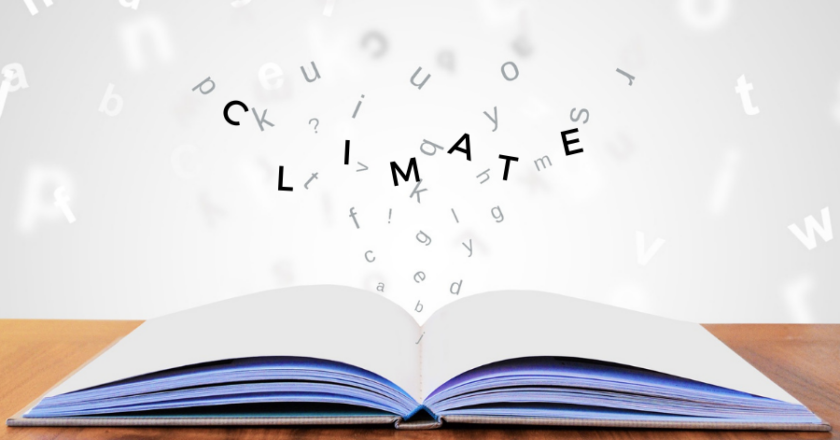

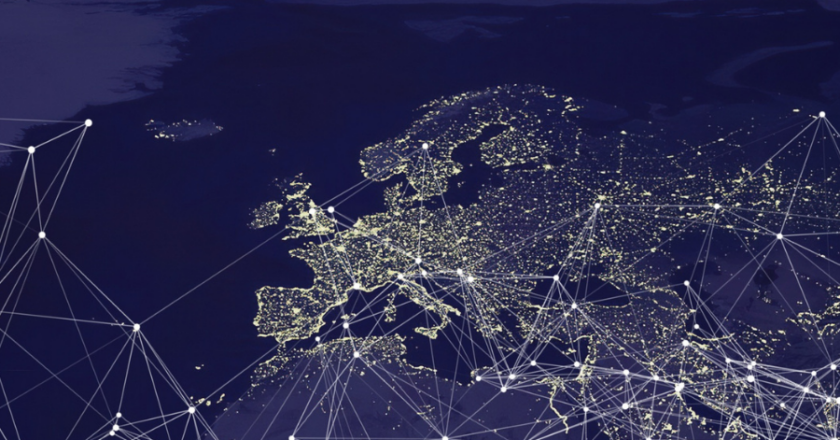
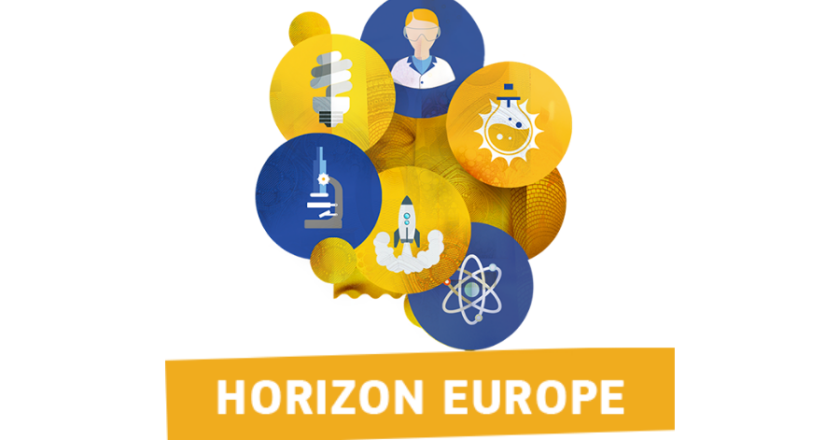
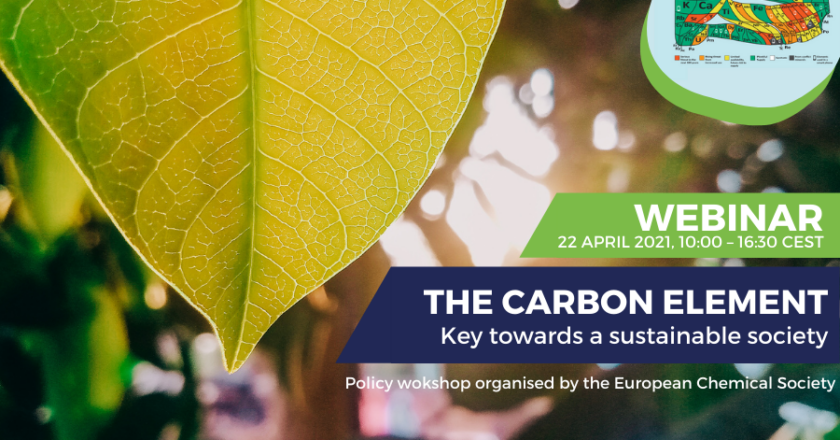
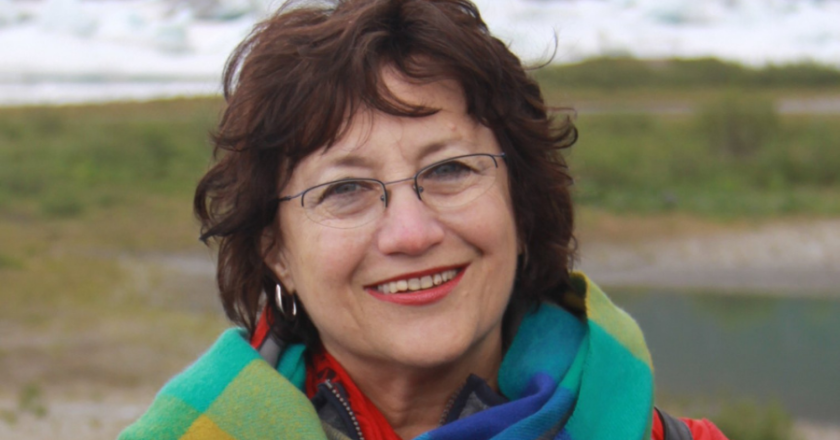




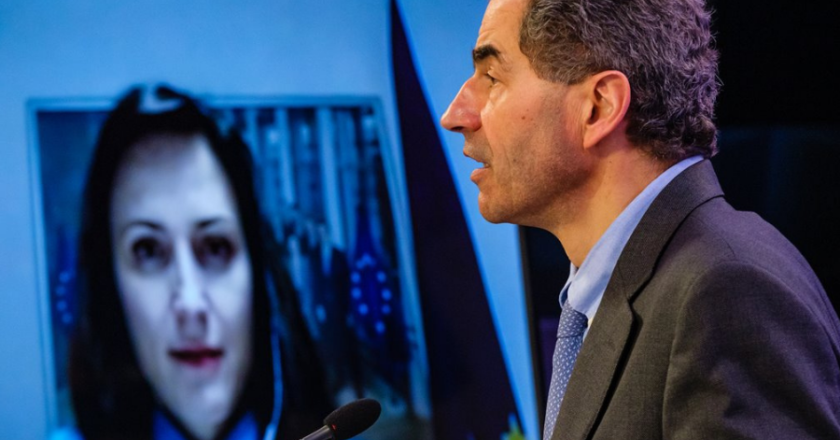


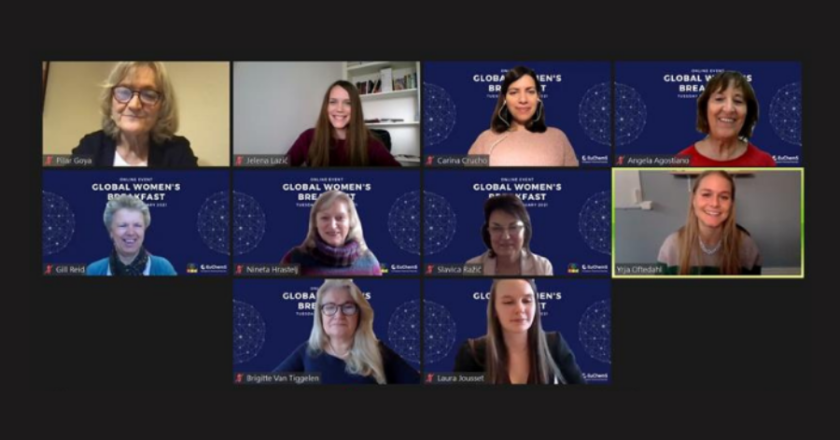
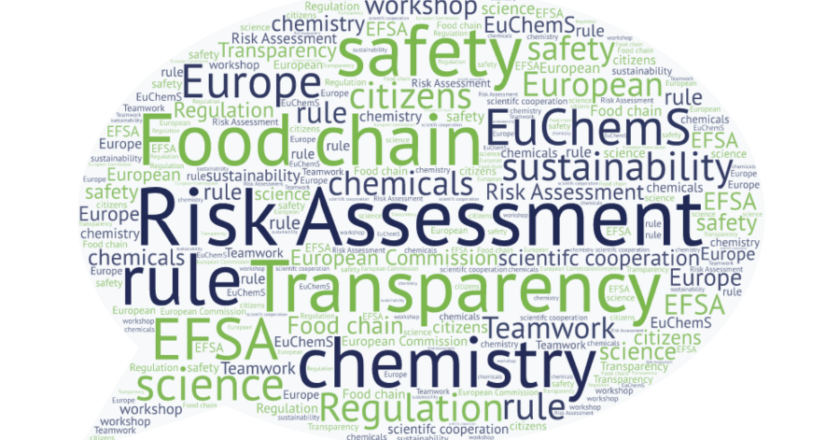
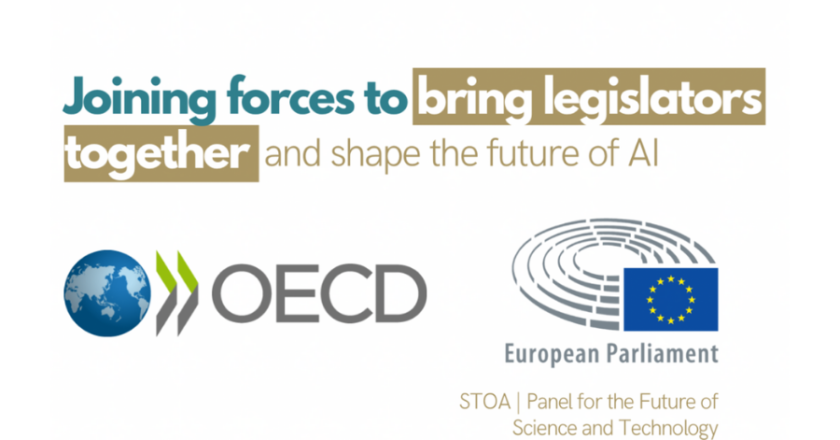
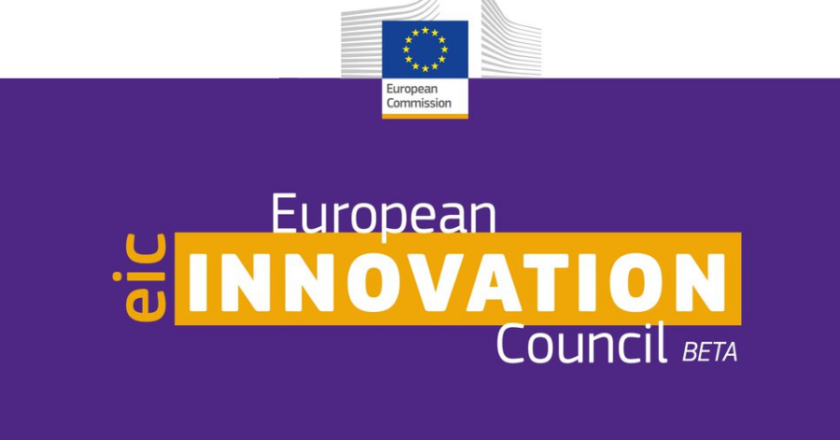
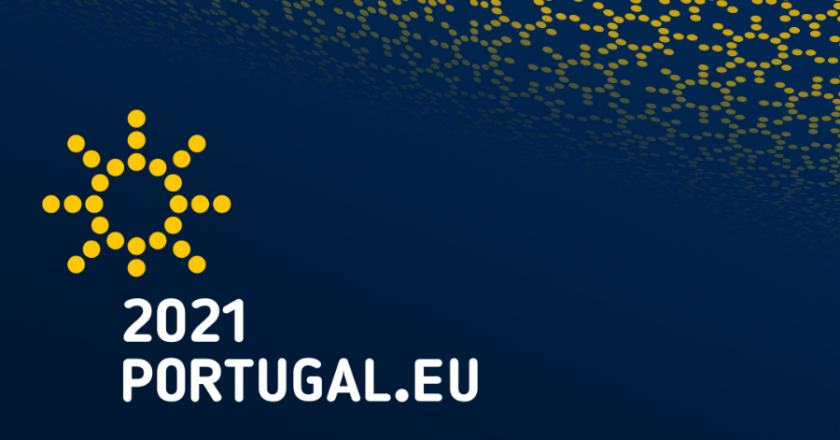
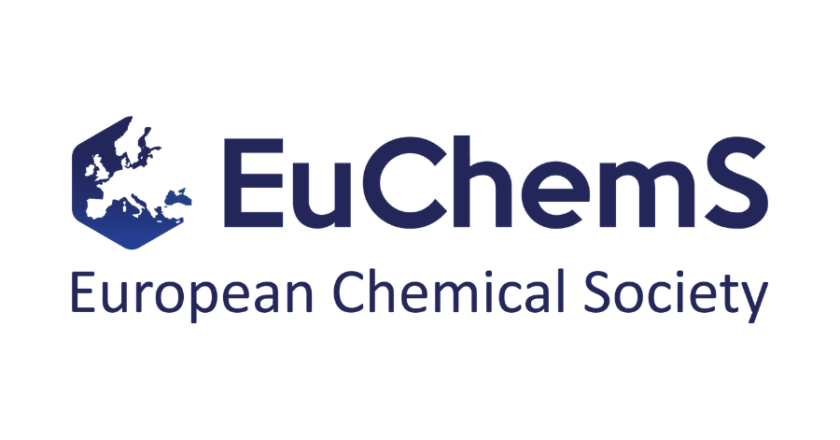




You must be logged in to post a comment.